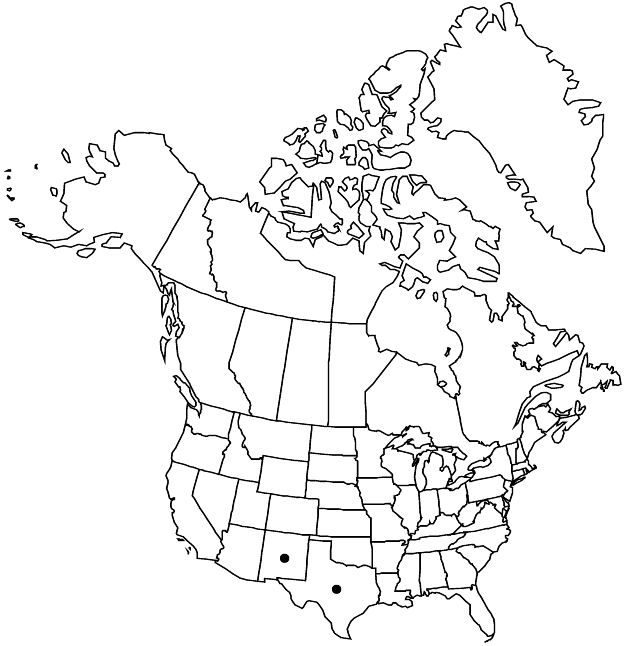Difference between revisions of "Lechea mensalis"
Rhodora 40: 92, plate 489, figs. 1 – 4. 1938.
FNA>Volume Importer |
imported>Volume Importer |
||
| (2 intermediate revisions by 2 users not shown) | |||
| Line 52: | Line 52: | ||
|publication year=1938 | |publication year=1938 | ||
|special status=Conservation concern | |special status=Conservation concern | ||
| − | |source xml=https:// | + | |source xml=https://bitbucket.org/aafc-mbb/fna-data-curation/src/2e0870ddd59836b60bcf96646a41e87ea5a5943a/coarse_grained_fna_xml/V6/V6_736.xml |
|genus=Lechea | |genus=Lechea | ||
|species=Lechea mensalis | |species=Lechea mensalis | ||
Latest revision as of 22:23, 5 November 2020
Herbs, perennial. Stems: basal produced; flowering erect, 15–25 cm, sericeous. Leaves of flowering stems alternate; blade linear, 8–15 × 0.7–1.2 mm, apex acute to rounded, abaxial surface sparsely pilose on midvein and margins, adaxial glabrous. Pedicels 1 per axil, 1.5–2 mm. Flowers: calyx 1.9–2 mm, outer sepals longer than inner. Capsules ovoid, 1.6–1.8 × 1.2–1.3 mm, ± equaling calyx. Seeds 1(2).
Phenology: Flowering late summer; fruiting fall.
Habitat: Oak-juniper woodlands
Elevation: 2000–2300 m
Distribution

N.Mex., Tex., Mexico (Coahuila).
Discussion
Of conservation concern.
Lechea mensalis is known from open woodlands dominated by species of oak and juniper at only two locations in the United States: the Guadalupe Mountains of southeastern New Mexico and adjacent Texas and the Chisos Mountains of west Texas; it also occurs in adjacent Coahuila, Mexico.
Selected References
None.